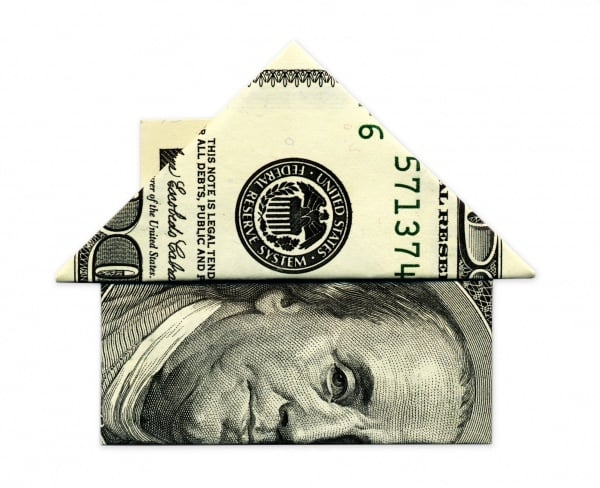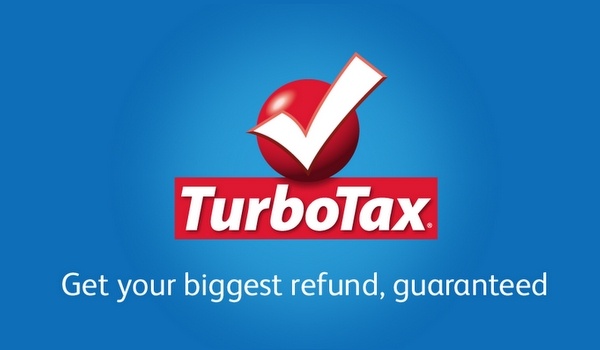When you’re making improvements to your home, you’re not just making your life better in the short term. You’re also making an investment in your future. Ideally, the increase in the value of your home will exceed the cost of the improvement.
However, it seldom works out like that. The most efficient home improvements don’t pay for themselves immediately. The first item on this list has an ROI of 98%. That means you get back 98% of the money you put into it. To look at it another way, you lose 2% of your initial investment.
It takes years for the appreciation in your home to recoup the expense of an improvement. If you’re looking for an investment, putting your money in a share certificate or other long-term investment option will net you more. When you’re making home improvements, though, you’re looking for ways to improve your quality of life while being as thrifty as possible.
Calculating ROI can be difficult because the data is based on national averages. For instance, in drought-afflicted parts of the country, water-efficient fixtures, rainwater collection facilities and low-water landscaping will pay long-term dividends. In places with lots of solar exposure and high utility costs, solar panels will make your home more cost-efficient and attractive to buyers. No one will pay more for a well air-conditioned house in Alaska! Keeping that in mind, finding out what works for your market therefore depends a lot on trends and local conditions.
There is some good news if you’re looking for more universal approaches for getting the best increase in value for your home improvement dollar. There are a few simple rules to follow. Seek relatively low-cost improvements that require little to no maintenance. They should immediately distinguish your house from similar homes and, ideally, they also improve the energy efficiency of your home.
Here are four home remodel projects that can improve the resale value of your home. They’re excellent uses for your home equity line of credit (HELOC) and you may be able to save money by doing part or all of them yourself! By the way, consult your tax advisor to determine if those improvements apply for tax deductions.
1. Replace the front door
There’s an old adage in real estate that suggests the features get tours, but the front porch gets sales. People make decisions on home-buying all the time by starting with a gut reaction and finding reasons to support it later.
Why not start your home remodeling project with the first thing you interact with on your house: the front door. Upgrading an old, poorly-fitting front door with a newer energy-efficient model is a cheap, quick project that can instantly improve your home’s efficiency and aesthetic appeal. Best of all, hanging a door can be done in an afternoon!
With an average price of just over $1,200, including labor, an energy-efficient front door has an ROI of 98%! It’s also a chance to be creative. A new front door can add a splash of color and window placements can break up a monotonous front profile.
2. Minor kitchen remodels
Replacing major appliances and installing new flooring is a difficult, time-consuming, and expensive task. Being without a kitchen for weeks on end can be a nightmare and the number of professionals needed to install new lighting and other features is mind-boggling. The national average for spending here is $57,000, and the ROI for major kitchen remodeling isn’t great, at only 68%.
Minor kitchen upgrades, like new cabinets, counter-tops, and energy-efficient cook-tops, are comparatively inexpensive. The average spend here is just under $20,000 with an estimated return on investment at an impressive 80%. Just like with the front door, the changes are mostly aesthetic. People perceive a more modern-looking kitchen as being a better fit than a more “retro” look.
This is also a chance to customize a place where you spend a remarkable amount of time. Having a kitchen laid out just the way you like it can make it easier and more enjoyable to cook. This will encourage you to eat more meals in, and energy-efficient appliances can lower your electric bills for the life of the home.
3. Wooden decks
Outdoor space is one of the hallmarks of the current iteration of the American dream. Where else can a family sit and enjoy a frosty lemonade on a hot summer day? Watch the kids play in the yard while tending the grill on a beautiful wooden deck!
Wooden deck additions were unpopular for years, as consumers see them as luxuries. During a recession, remodeling dollars tend to focus on needs, like kitchen and bedroom updates. Now that the economy is improving, more people are looking at decks as valuable extensions for their living space.
The average cost, based upon a 16 foot by 20 foot wooden deck, is $10,000. The average return on investment is just over 80%. This is because of the perception of expanded living space at a reasonable price. Adding a deck costs about $35 per square foot, while a square foot of inside space costs an average of $85! Decks are a great way to increase the play space for a modest cost.
Bear in mind that just like the air conditioning in Alaska, a deck in a climate where the climate in inhospitable outdoors for much of the year will not have as much value as one in more temperate climes.
4. Convert an attic space into a bedroom
For most houses, the attic is an afterthought. It’s a place where unused craft projects and abandoned hobbies go to die. Consider turning that dead space into living space with a remodeling project!
Turning an existing attic space into a spare bedroom or office, complete with its own bathroom, can be done for a slightly steeper price. Nationally, the average cost is just over $50,000. That includes constructing a room, extending utilities to it and adjusting the exterior of the house to accommodate the new space.
This remodel provides a 77% return on investment in resale value, with the potential for more. If you have adult children or relatives visiting from out of town, an attic room can be a wonderful guest room. You could also rent it out for additional income!
If you're looking for a great rate on a HELOC, visit us online or call us today at 801.627.8700. Make your home better with a Home Equity Line of Credit from Wasatch Peaks Credit Union! For a limited time, we're offering a 1.99%* Introductory Fixed Rate APR OAC!
SOURCES:
remodeling.hw.net
mywindowworks.com
houselogic.com
houselogic.com/home-advice
lifehacker.com
*APR is Annual Percentage Rate. On Approved Credit (OAC). Home Equity Line of Credit (LOC) is a fixed rate for 6 months. Home must be under 80% Loan-to-Value (LTV). This is our best rate; your rate may be different depending on credit score and underwriting criteria. After 6 months, your rate will revert to the current stated rate, which is 3.75% APR/ Variable, as of March 1, 2016. This is a limited time offer; rates and offer subject to change. Wasatch Peaks Credit Union makes loans without regard to race, color, religion, national origin, sex, handicap, or familial status. Membership eligibility is required. **Always consult your tax advisor. Offer expires 3/31/2016.



